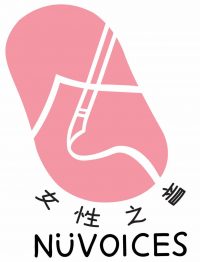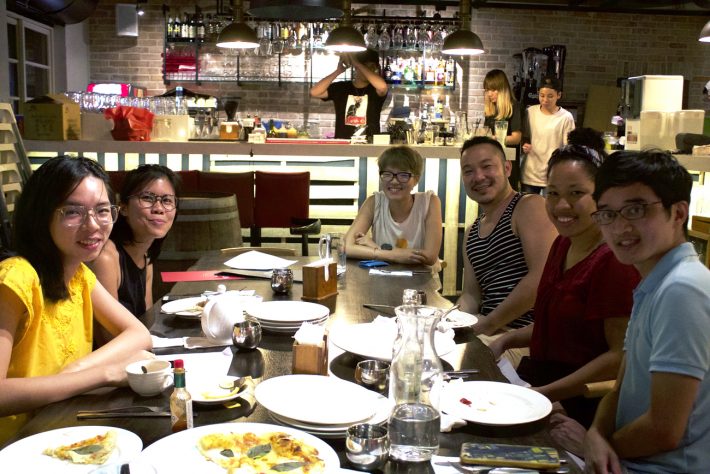BY GRACE JACKSON
On June 8, NüVoices held its first gathering in Taipei at Alleycats Pizza in Huashan 1914 Creative Park in Taipei. Over three-cup-chicken pizza, a small group of locally based journalists, artists and activists discussed women’s issues in Taiwan, as well as the broader context of Taiwan’s representation in media and the creative industries. Topics for exploration included Taiwan’s lack of visibility in the international news media, the insidious nature of sexism and oppression in Taiwanese society, and the failure of the #MeToo movement to take off in Taiwan.
Crystal Liu, artist and organizer and cofounder of the Women’s March Taiwan, noted that “because Taiwan has a female president, people think that Taiwan has achieved gender equality,” but in fact, “many Taiwanese women are reluctant to call themselves feminists, even while claiming to support equality.”
“Oppression is more subtle here,” said Betty Wang, a former journalist who now works in TV production. “Taiwan seems progressive, but in our bones, we’re still deeply influenced by Confucian concepts.” Wang reckons that sexual assault—both in the workplace and in the domestic context—is much more widespread in Taiwan than is reported, and lamented the taboo that continues to prevent victims from coming forward. Establishing a safe space in which victims of assault can come together to talk about their experiences is a priority, she said.
William Yang, China correspondent for Deutsche Welle and contributor to Buzzfeed, who has reported widely on Taiwan’s LGBTQ+ movement, noted Taiwan’s lack of visibility in the international news media. He described the challenge of persuading editors at news desks in the United States and Europe that Taiwan matters enough to run stories that deal with Taiwan on its own terms—and not only in connection with cross-Strait relations.

